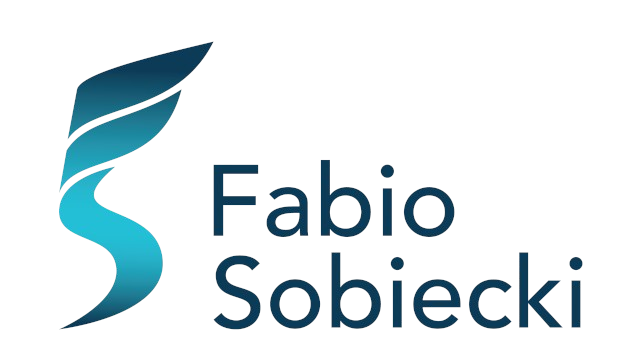Ethical hacking is the practice of legally breaking into systems to test and strengthen cyber defenses. It uses tools like Nmap and Metasploit to identify and fix vulnerabilities before real threats can exploit them.
How can you study ethical hacking and still become a cyberspace guardian? Look, we know that security is an increasingly hot topic. Have you ever thought about being the person who anticipates problems and prevents headaches for companies and users? Come and find out how to start your journey in this fascinating world.
What is ethical hacking?
Ethical hacking is a practice that aims to strengthen the security of systems, networks, and software. Unlike malicious practices, professionals in this field, known as ethical hackers or pen testers, are hired to identify vulnerabilities and fix them before they are exploited by malicious attackers.
Objective of Ethical Hacking
The main goal is to protect sensitive data and ensure the reliability of systems. Ethical hackers simulate actual attacks to test the resilience of digital infrastructure, offering valuable insights into how to improve defenses.
Importance in the Current Context
In today’s connected world, where cyberattacks are becoming increasingly sophisticated, ethical hackers have become essential for businesses of all sizes. They help anticipate threats and implement adequate preventive measures.
The practice of ethical hacking follows strict legal and ethical guidelines, ensuring that all testing is conducted with permission and responsibly. A detailed report is generated at the end of the tests, guiding companies in their security strategies.
Main tools and techniques used
In ethical hacking, the tools and techniques used play a crucial role in identifying vulnerabilities. Among the most popular are Nmap, which maps networks and discovers open ports, and Wireshark, which analyzes packet traffic.
Penetration Testing Tools
Metasploit is widely used to exploit system flaws and is a staple of an ethical hacker’s arsenal. Other tools, such as Burp Suite, help with the analysis and security of web applications, allowing for intricate security testing.
Vulnerability Analysis
Software like Nessus and OpenVAS are highly effective vulnerability scanners, as they provide detailed reports on potential weaknesses in your system. These tools are vital to keeping you safe from emerging threats.
Combining these tools with techniques like reverse engineering and custom scripting can significantly increase the effectiveness of security testing. While each tool offers a specialization, the real power lies in using them together, resulting in a more robust and comprehensive security approach.
Steps to start your ethical hacking journey
To begin your ethical hacking journey, you must understand the fundamentals of networks and operating systems. Learning how to drill down and navigate these systems is the foundation for identifying and fixing vulnerabilities. Mastering concepts like TCP/IP, DNS, and threat modeling is also essential.
Continuous Learning
Investing in courses such as CEH (Certified Ethical Hacker) certifications is a great way to gain practical and theoretical knowledge. Participating in dedicated online communities and forums is also recommended, as it provides a practical perspective on issues that other professionals may be facing.
Experiment in a safe environment using platforms like Hack The Box and CTFs (Capture The Flag), which simulate real hacking scenarios in controlled environments. This constant practice is crucial to developing analytical and problem-solving skills.
Technical Skills Development
Programming is another valuable skill. Languages like Python and Bash help you automate tasks and create custom scripts for security testing. These languages are also great for customizing tools to suit your specific needs.
Final thoughts on studying ethical hacking
Starting your ethical hacking journey is an essential step towards ensuring the cybersecurity of systems and networks. Continuous learning and practice is crucial, especially with the support of online communities and certifications like CEH.
A practice environment like Hack The Box provides a safe and controlled experience to hone your real-world penetration testing skills. Additionally, mastering programming, especially in languages like Python, is beneficial for automating processes and creating custom solutions.
Therefore, do not underestimate the positive impact these practices can have on your career and the protection of sensitive information.
FAQ – Frequently asked questions about studying ethical hacking
What is ethical hacking?
It is an authorized practice of hacking into systems to identify and fix security flaws.
What are the top certifications for an ethical hacker?
The CEH (Certified Ethical Hacker) certification is one of the most recognized in the field.
Why is practicing in simulated environments important?
Environments like Hack The Box allow you to test your skills safely and without risk on real systems.
What is the role of tools like Nmap and Metasploit?
These tools help map networks and exploit vulnerabilities, which are essential in an ethical hacker’s arsenal.
Is programming necessary for ethical hacking?
Yes, skills in languages like Python help automate tasks and customize tools.
How can online communities contribute to learning?
Participating in forums allows you to exchange experiences, learn from real challenges and stay up to date with security trends.

